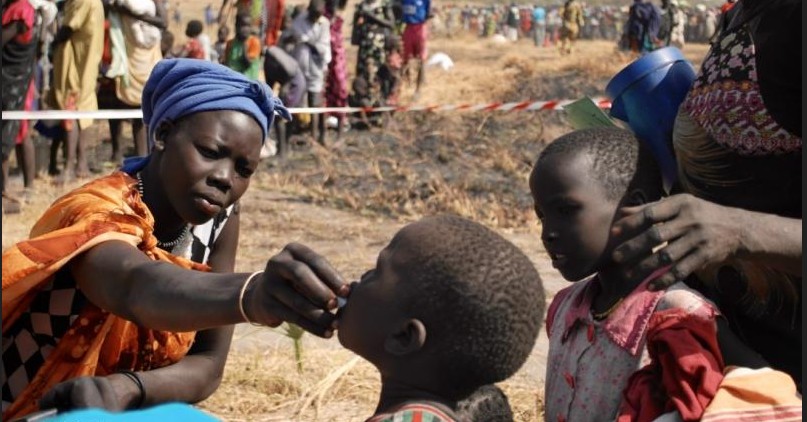Sudan is grappling with a severe cholera outbreak, recording nearly 2,000 deaths since the start of 2025, as ongoing conflict continues to exacerbate the public health crisis. Health authorities have reported over 71,000 cholera cases across all 18 states of the country, with hotspots concentrated in North Kordofan, White Nile, Darfur, and the capital, Khartoum.
Conflict-related disruptions are fueling the outbreak, particularly through the collapse of water and sanitation systems, widespread displacement, and limited access to healthcare. These conditions have not only accelerated the spread of the disease but also hampered response efforts, leaving vulnerable communities at heightened risk. Surveillance gaps, especially in conflict-affected regions like Darfur, further complicate timely detection and containment of new cases.
Health officials have intensified efforts to curb the epidemic, including multiple rounds of oral cholera vaccination campaigns in Khartoum and other high-burden states. However, the sheer scale of infections presents a daunting challenge. Cholera, an acute diarrhoeal disease caused by consuming contaminated food or water, can lead to severe dehydration and death within hours if untreated. Access to safe drinking water remains a critical factor in preventing outbreaks, and the ongoing conflict has significantly limited the availability of this essential resource.
The outbreak in Sudan is part of a broader trend across the African continent, where 23 countries have reported more than 300,000 cholera cases and nearly 7,000 deaths this year alone. Other countries, including Angola and Burundi, are also experiencing rapid transmission, with Angola facing a resurgence after a period of decline. The case fatality rate in 2025 has surpassed that of the previous year, highlighting the severity of the current outbreak.
Experts attribute part of the surge to climate-related factors, including flooding and other extreme weather events, which increase exposure to contaminated water and exacerbate cholera transmission. The situation underscores the urgent need for coordinated public health interventions, including improved water and sanitation infrastructure, widespread vaccination, and enhanced surveillance to detect and contain outbreaks promptly.
Unified efforts across governments, health agencies, and humanitarian organizations are critical to reducing the impact of cholera in Sudan and across Africa. Authorities remain committed to combating the disease with the goal of eventual elimination by 2030, but achieving this will require immediate, sustained action to protect the most vulnerable populations.

